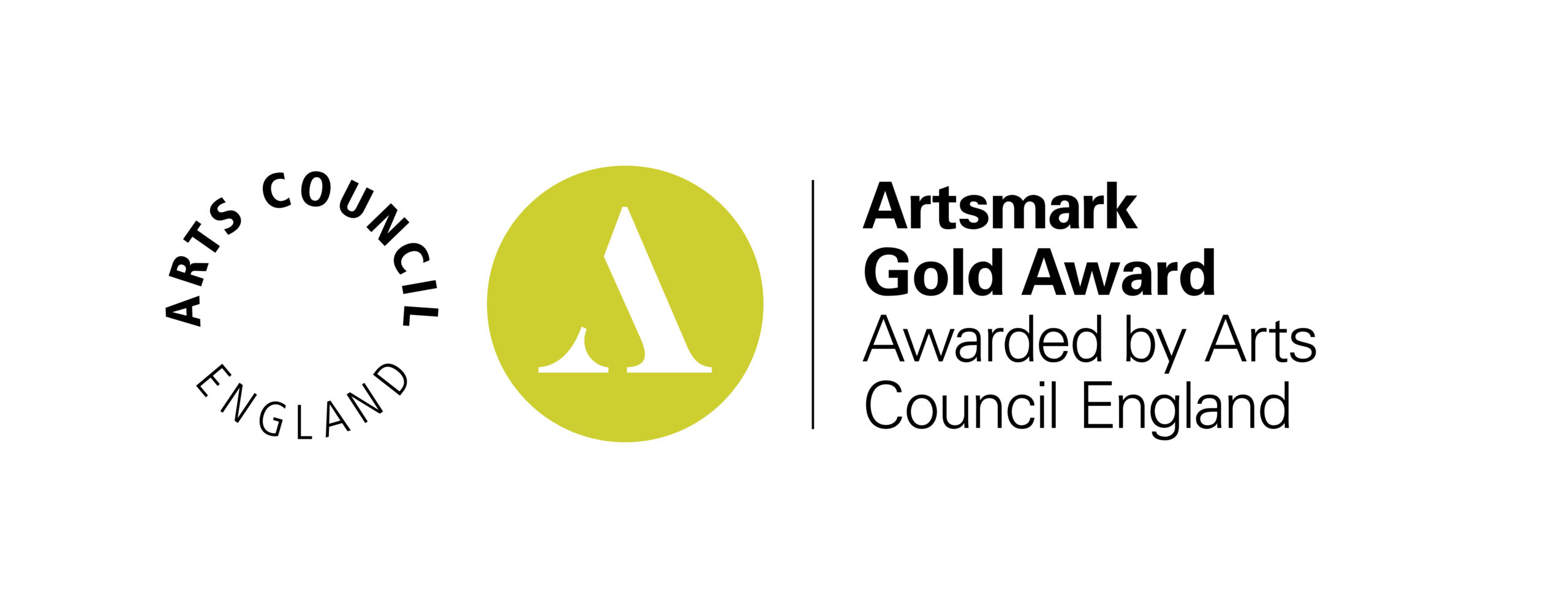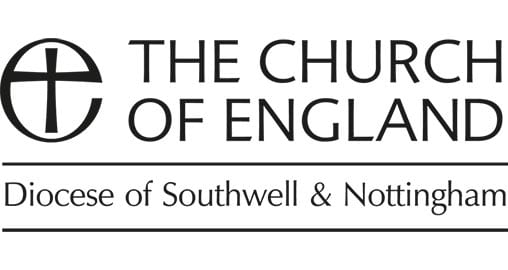Curriculum intent
The science curriculum at Queen Elizabeth’s Academy is designed to develop our students into citizens who have the knowledge needed to understand the phenomena they see in the world around them.
Without a deep, broad understanding of science, students may lack a sense of wonder when they see the natural world and miss out on being able to fully engage with the environment in which they live.
The powerful knowledge we teach allows students to understand science in the news and be aware of the implications of what they hear and read in the media for themselves and others. They can make informed decisions about their health based on what they learn in our lessons. Our curriculum allows students to understand how to look after the world they live in and to become people who can discuss important issues that arise with confidence as they are well informed.




